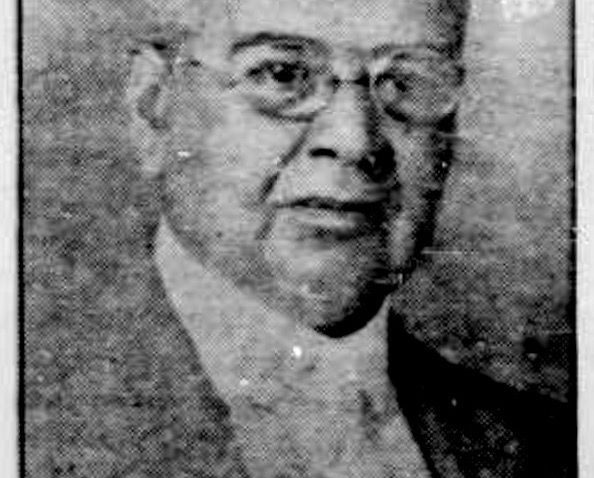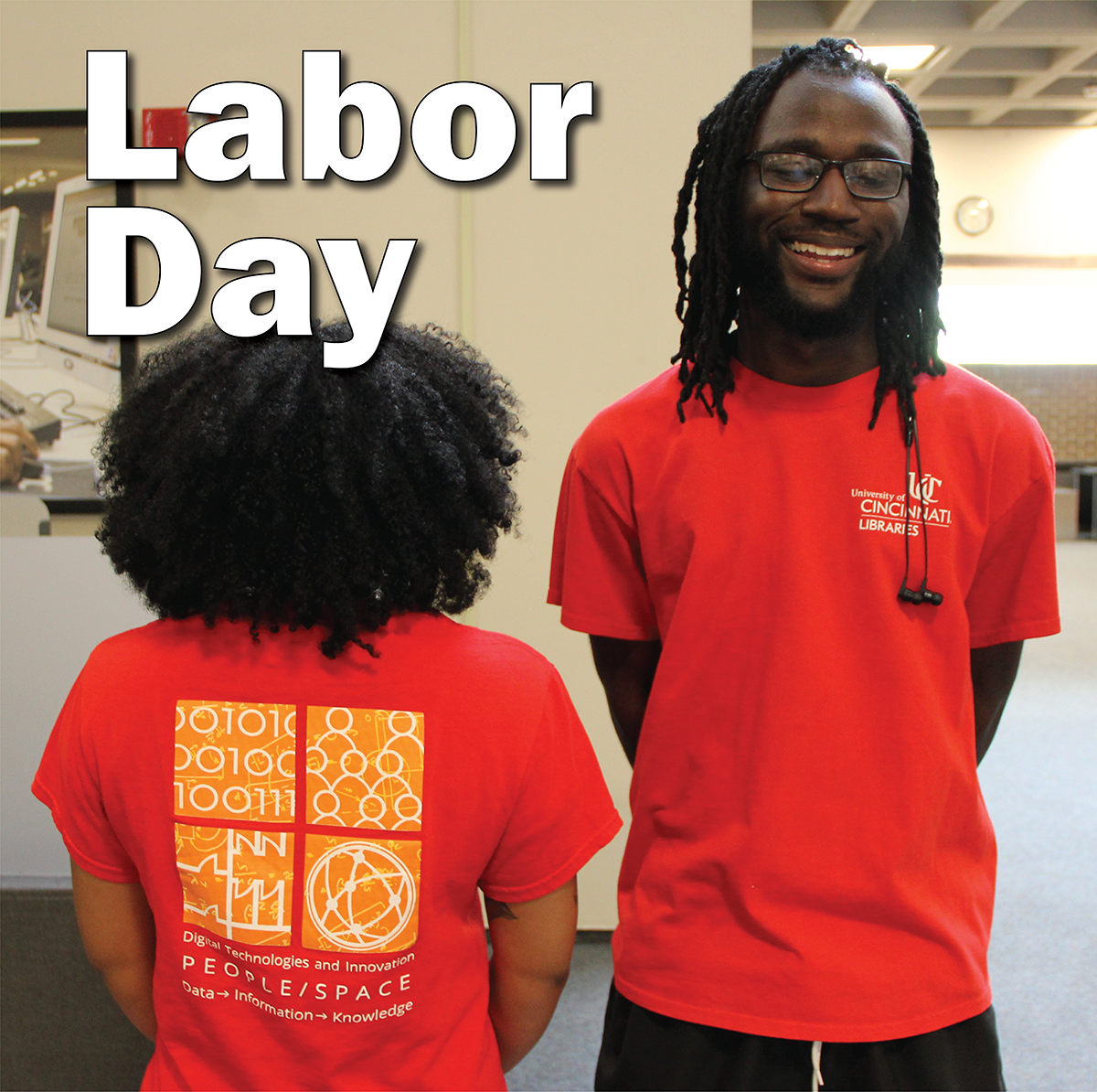 All University of Cincinnati Libraries locations are closed Monday, Sept. 5 for Labor Day. The Libraries will reopen as scheduled Tuesday, Sept. 6.
All University of Cincinnati Libraries locations are closed Monday, Sept. 5 for Labor Day. The Libraries will reopen as scheduled Tuesday, Sept. 6.
Have a safe and relaxing holiday.

JOIN us for the third in a four part data visualization series entitled:
A well thought out and designed visualization can convey meaning and deep insight into vast amounts of data. In this four part lecture series, data visualization researchers and experts will discuss visualizations from different disciplines and highlight choices made to find the “so what”.
This series is a part of the Data and Computational Science Series.
Our next Speaker is Frank Elavsky from Carnegie Mellon University. The talk is entitled Dat Visualization Accessilibilty and will focus on making data visualizations accessible to all users especially people with disabilities. 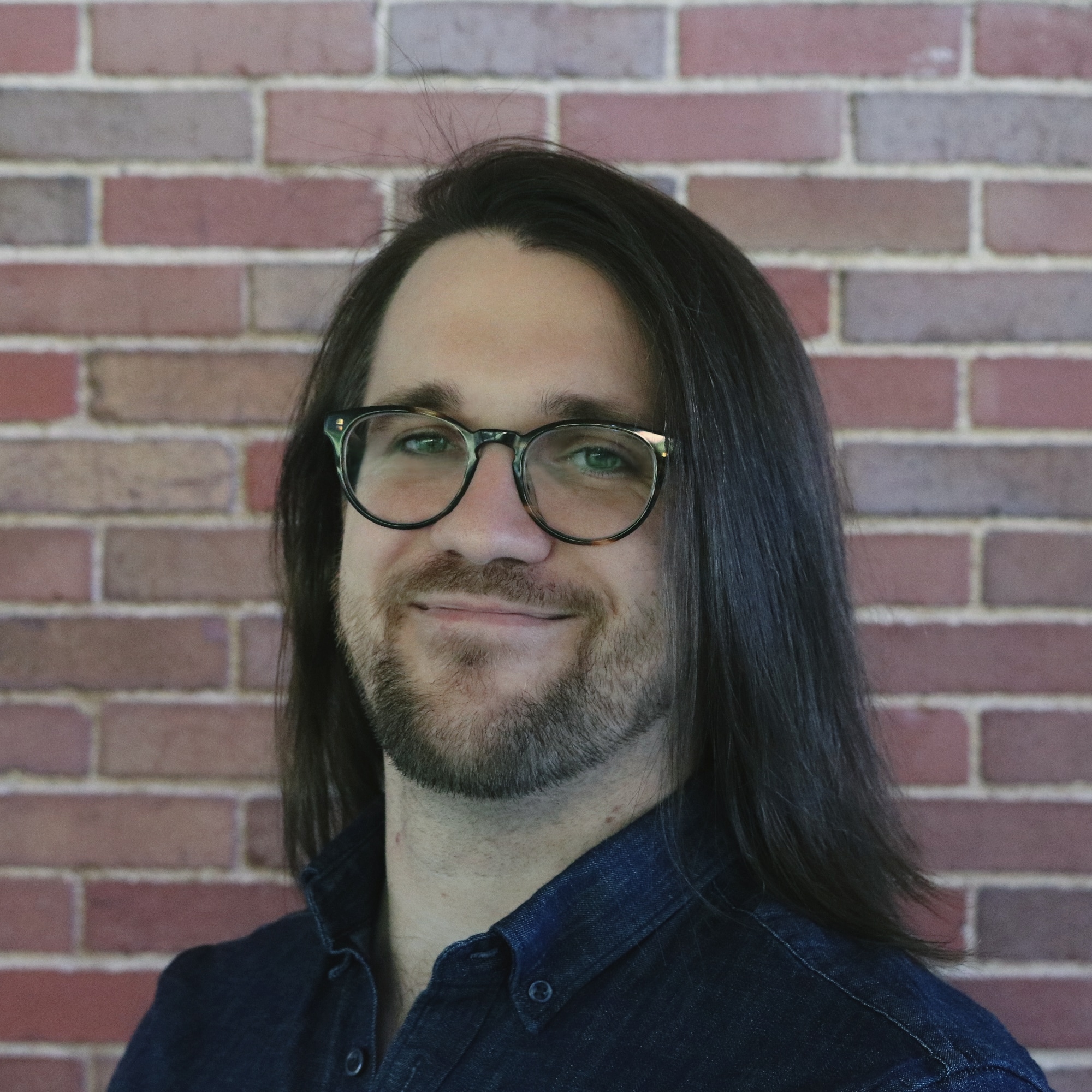
Title: The Role of Data Visualization in Science and Computational Science
Date: September 1, 2022
Time: 9:30 pm – 11:00 am EST
Venue: The Visualization Lab in GMP Library (240H Braunstein Hall)
Registration: link to faculty one stop
This free event is hosted by UC Libraries Research and Data Serivces and the Office of Research – Research Computing and Data and funded by the Office of the Provost Universal Provider Grant and is open to all.
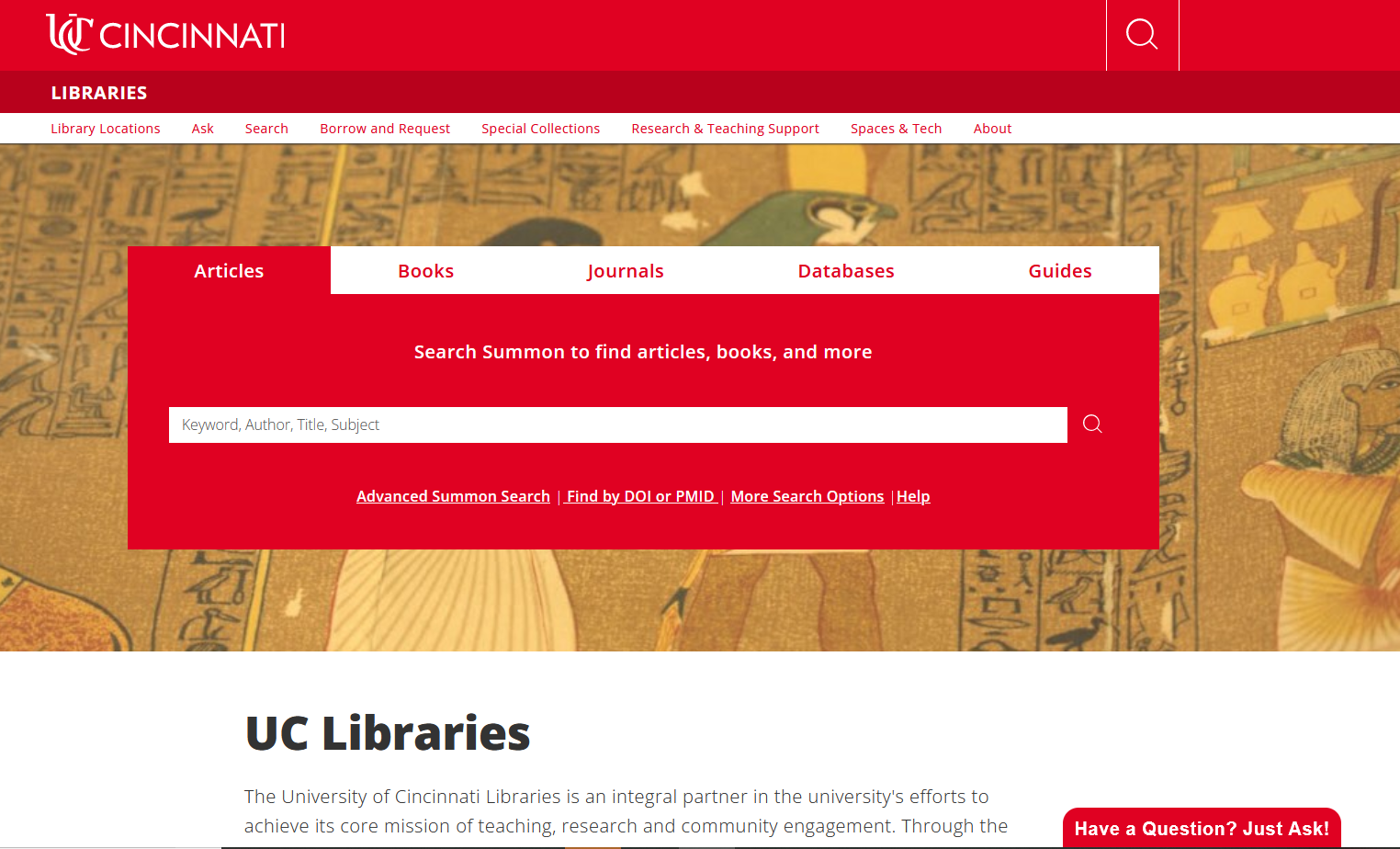 Next week, UC Libraries will make updates to the website in order to improve usability and discoverability, as well as to simplify navigation. These changes are reflective of results from user testing, analytics and edit requests received throughout the year. Where possible, redirects will be included, but please note new URLs listed below and update any bookmarks as necessary.
Next week, UC Libraries will make updates to the website in order to improve usability and discoverability, as well as to simplify navigation. These changes are reflective of results from user testing, analytics and edit requests received throughout the year. Where possible, redirects will be included, but please note new URLs listed below and update any bookmarks as necessary.
Please note, other library resources, including Summon, the Library Catalog and Library Guides integration into Canvas, have had or will also have updates. If you use these resources in your courses or research, we also recommend checking that your links, bookmarks and information are still up to date.
As always, contact us with questions.
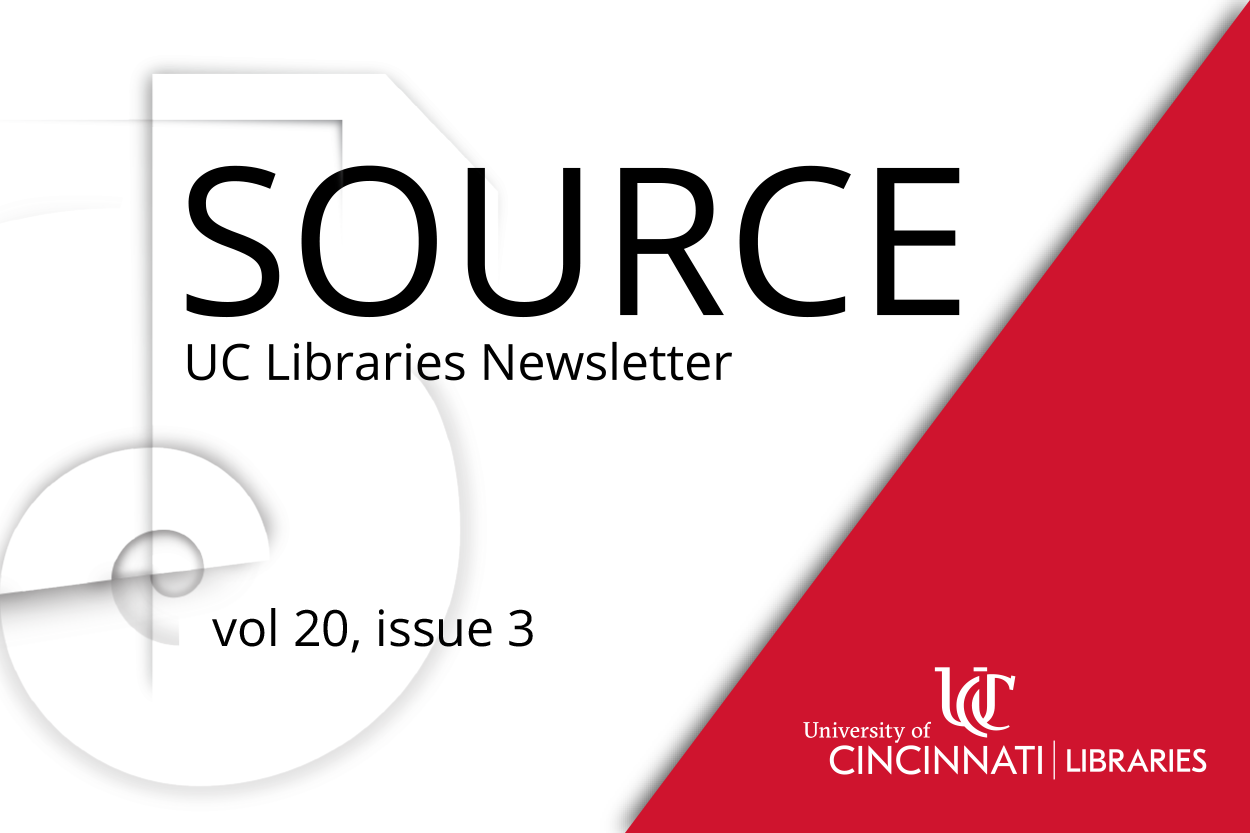
Read Source, the online newsletter, to learn about the news, events, people and happenings in UC Libraries.
In this issue of Source, we bid goodbye and fond farewell to Dean Xuemao Wang as he ends his tenure at the University of Cincinnati. We celebrate the announcement of Lori Harris as interim dean and university librarian and ask her some questions about her aspirations and hopes for her new role. We feature the work of P. Alfred Marchand, one of the first Black librarians in the United States, and the design work of 1911 UC graduate Valentine Barker. Finally, we spotlight the excellent resources and services available in the College of Education, Criminal Justice, and Human Services (CECH) Library.
Read these articles, as well as past issues, on the website. To receive Source via e-mail, contact melissa.norris@uc.edu to be added to the mailing list.
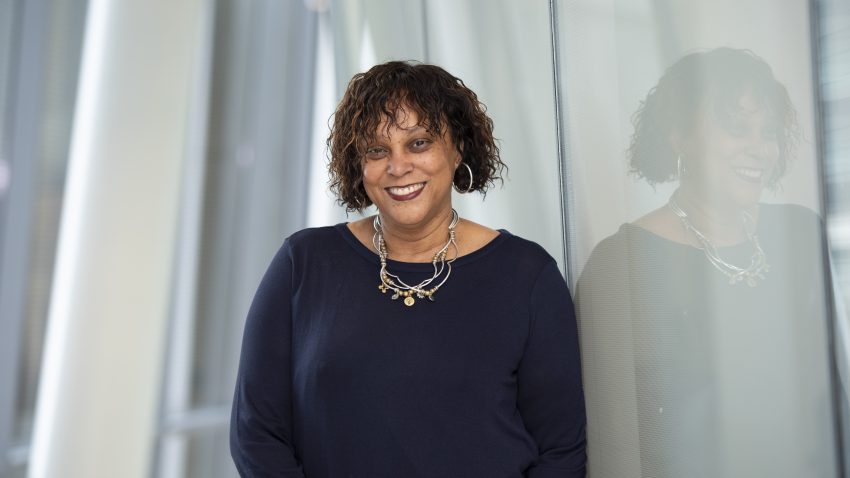
Lori Harris
Lori E. Harris has been named interim dean and university librarian of the University of Cincinnati Libraries effective July 1, 2022. Harris initially joined the Libraries in 2015 as an associate fellow from the National Institutes of Health/National Library of Medicine (NIH/NLM). She permanently joined the University of Cincinnati Libraries in 2016.
Harris previously served as assistant dean and director of the Donald C. Harrison Health Sciences Library and the Henry R. Winkler Center for the History of the Health Professions. More recently, she co-led the development of the Libraries’ strategic framework NEXT Directions, which outlines the Libraries’ Guiding Principles and Pathways to operational excellence with special emphasis on initiatives relating to research, diversity, equity and inclusion and aligns with the University’s Next Lives Here framework. She has helped to support the College of Medicine’s LCME process by serving as a member of the reaccreditation committee and she currently sits on the College of Medicine’s Education Committee representing the Health Sciences Library.
Harris has worked tirelessly to build external relationships for the University of Cincinnati Libraries. Recently, she worked with Dr. Phil Diller, College of Medicine and the Henry R. Winkler Center Board, to bring to the university campus the six-part lecture series and exhibits that examined the work of Andreas Vesalius. Building upon her continued relationship and collaborations with colleagues from NIH/NLM, Harris helped bring to the Health Sciences Library the Native Voices traveling exhibition and lecture series, which honored the native tradition of oral history.
“I look forward to working with my University of Cincinnati Libraries colleagues in this new capacity,” said Harris. “Our recently completed Strategic Framework will provide the guiding principles and pathways for us to continue to advance our mission and realize our vision.”
Harris obtained her M.A. MSLS from the University of North Carolina at Chapel Hill and her B.A. in American studies, museum studies and archives from Smith College, Northampton, Massachusetts.
In her new role, Harris will provide leadership and coordination for the daily operations of the University of Cincinnati Libraries, working collaboratively with the library leadership of UC Blue Ash, UC Clermont and Law Libraries. Harris will continue to work directly with UC Libraries’ senior leadership, faculty and staff to ensure that continuity, growth and development of the University of Cincinnati Libraries is maintained throughout her tenure as interim dean and university librarian.
The University of Cincinnati Libraries will be closed, Monday, July 4 for Independence Day, with some locations also closing Sunday, July 3. Check each library location for specific hours. Normal hours for all library locations will resume Tuesday, July 5.
Have a safe and enjoyable 4th of July.
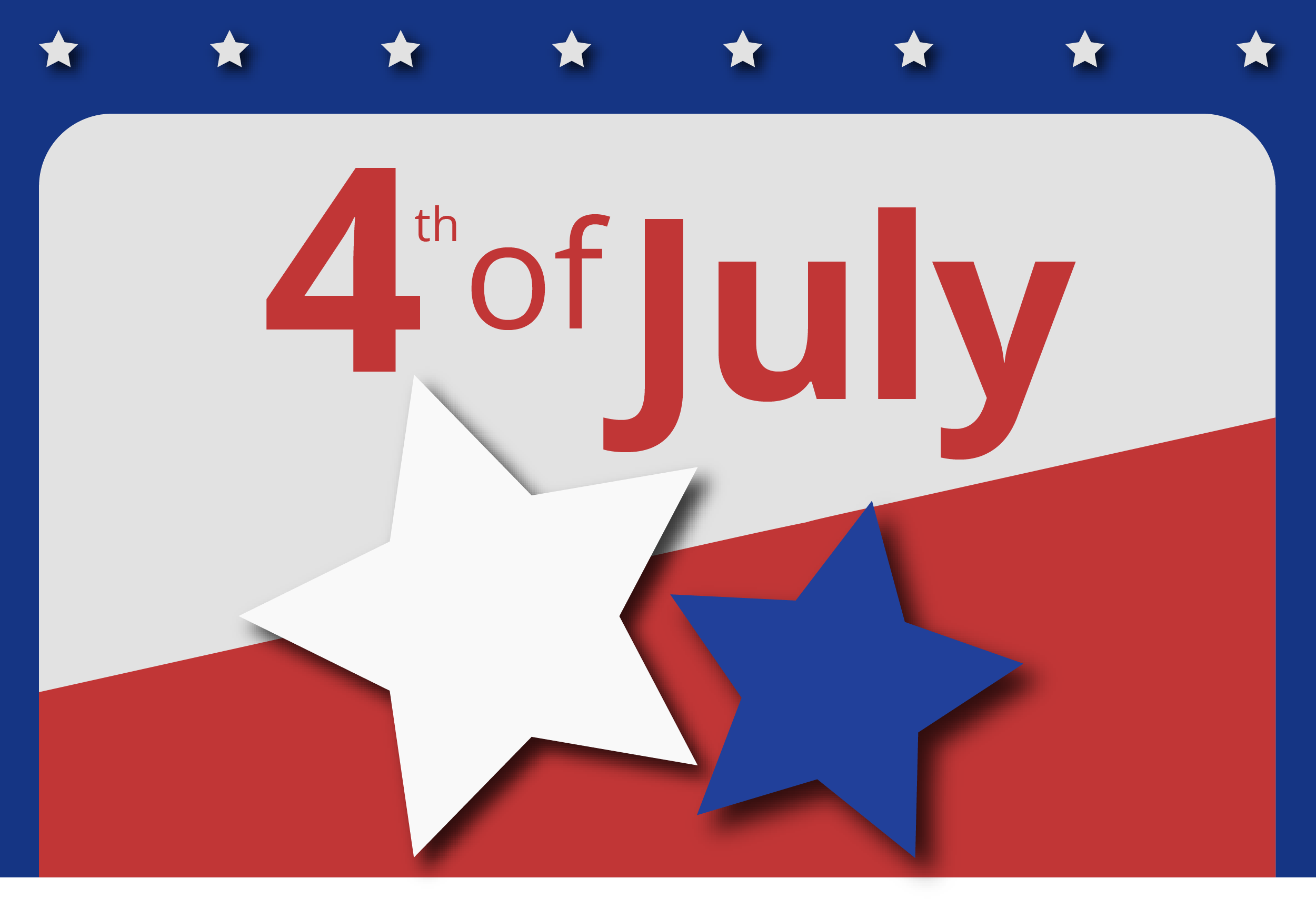 .
.
After a thorough review of UC Libraries staff positions with overlapping librarian faculty responsibilities, and in consultation with the Provost’s Office, the Libraries’ Executive Group, and library faculty members, Dean Xuemao Wang announces the newest UC Libraries faculty members:
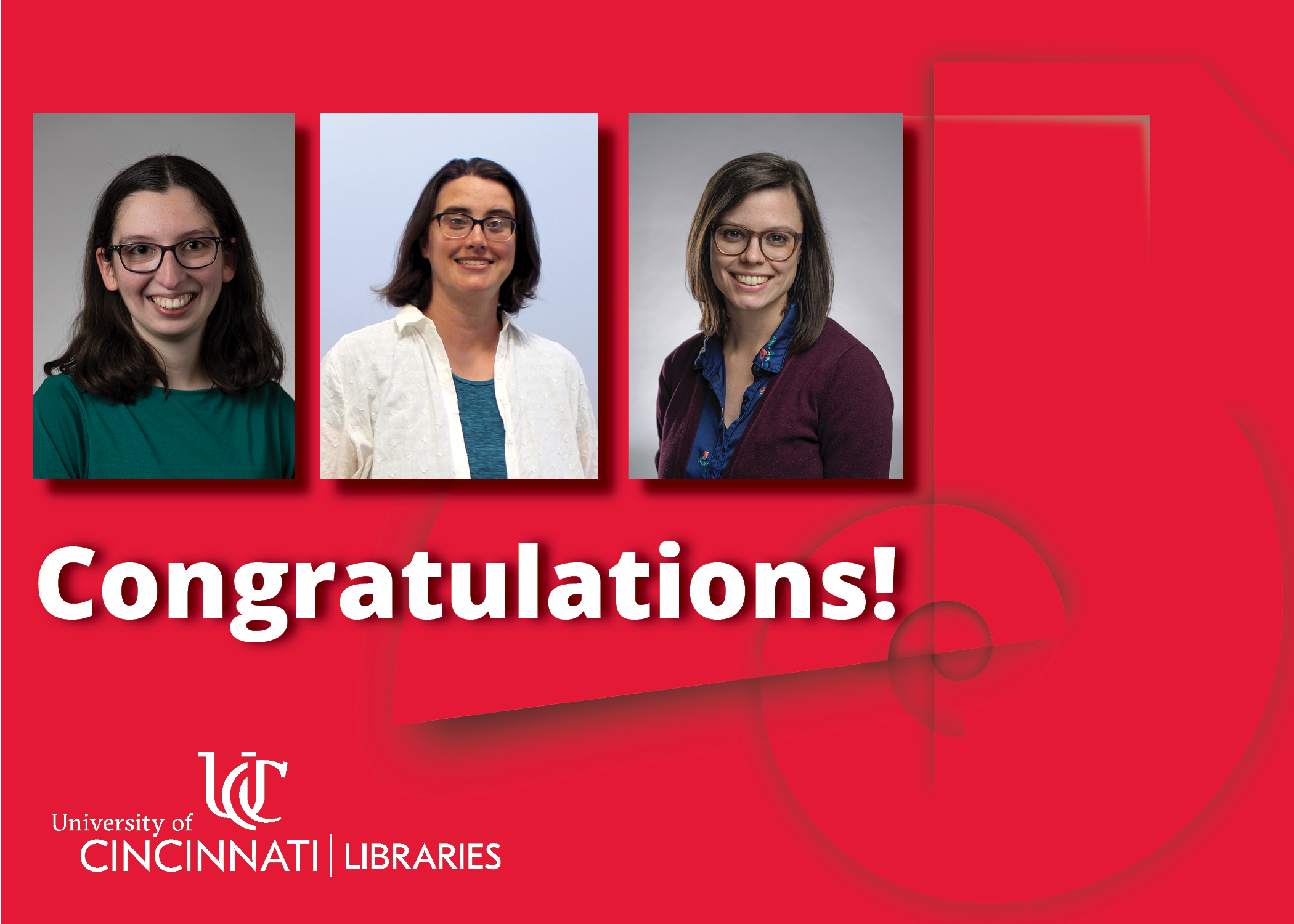
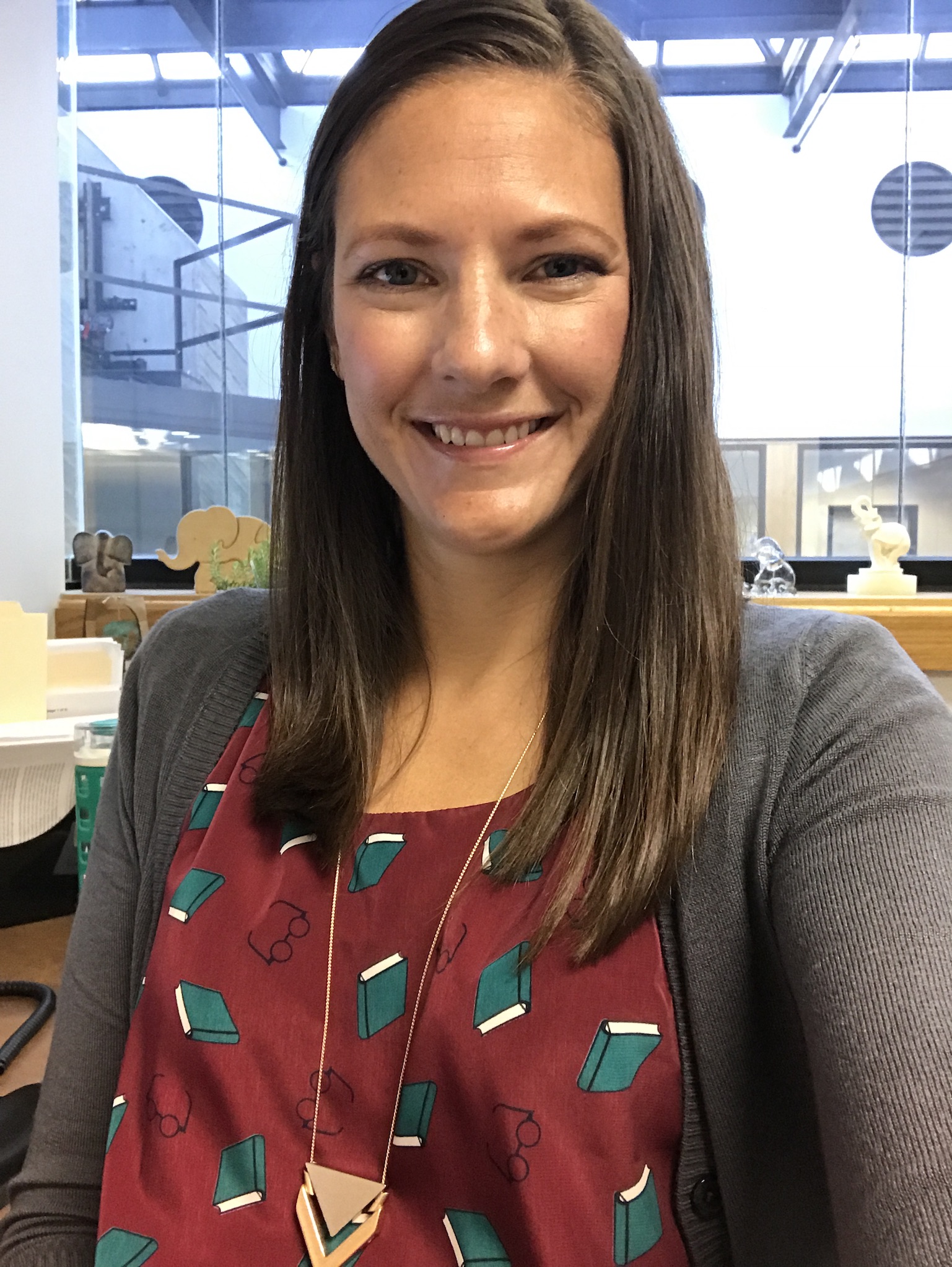 Lynn C. Warner joined the University of Cincinnati Libraries May 31, 2022 as the new research and health sciences librarian in the Donald C. Harrison Health Sciences Library. Lynn comes to UC from Northern Kentucky University where she was the teaching and learning librarian at the Steely Library. While Lynn will primarily support the programs at the College of Nursing, she will also be available to work with all UC health sciences faculty, staff and students.
Lynn C. Warner joined the University of Cincinnati Libraries May 31, 2022 as the new research and health sciences librarian in the Donald C. Harrison Health Sciences Library. Lynn comes to UC from Northern Kentucky University where she was the teaching and learning librarian at the Steely Library. While Lynn will primarily support the programs at the College of Nursing, she will also be available to work with all UC health sciences faculty, staff and students.
Lynn holds a masters of library science from the University of Kentucky and a BA in telecommunications from Bowling Green State University. She brings broad teaching experience and extensive work and partnership collaborations with faculty members at Northern Kentucky University (NKU). She is committed to information literacy and has delivered a wide range of information literacy education courses for undergraduate and graduate students during her teaching career. Lynn has working knowledge in assessment and critical information literacy concepts and indicates that she truly enjoys teaching information literacy and engaging with students on topics that she is passionate about.
Welcome, Lynn!
All University of Cincinnati Libraries locations will be closed Monday, May 30 in observance of Memorial Day. Regular library hours for all locations will resume Tuesday, May 31. Have a safe holiday.
P. Alfred Marchand was one of the first African American librarians in the United States and possibly the Midwest region. He worked at the Cincinnati Hospital from ~1873-1918. Although Marchand was highly valued by the medical staff at the Cincinnati Hospital, there was also controversy surrounding his unwarranted dismissal then reinstatement following protest by medical staff.
Please join Leah Everitt, research assistant in the Donald C. Harrison Health Sciences Library (HSL), on Thursday, June 16, 2022 from 12:00-1:00pm in the Stanley J. Lucas, MD Board Room of the Winkler Center, to hear about archival materials that reveal much more about Marchand’s academic accomplishments and his time at the Cincinnati Hospital. Please note that lunch will be served.